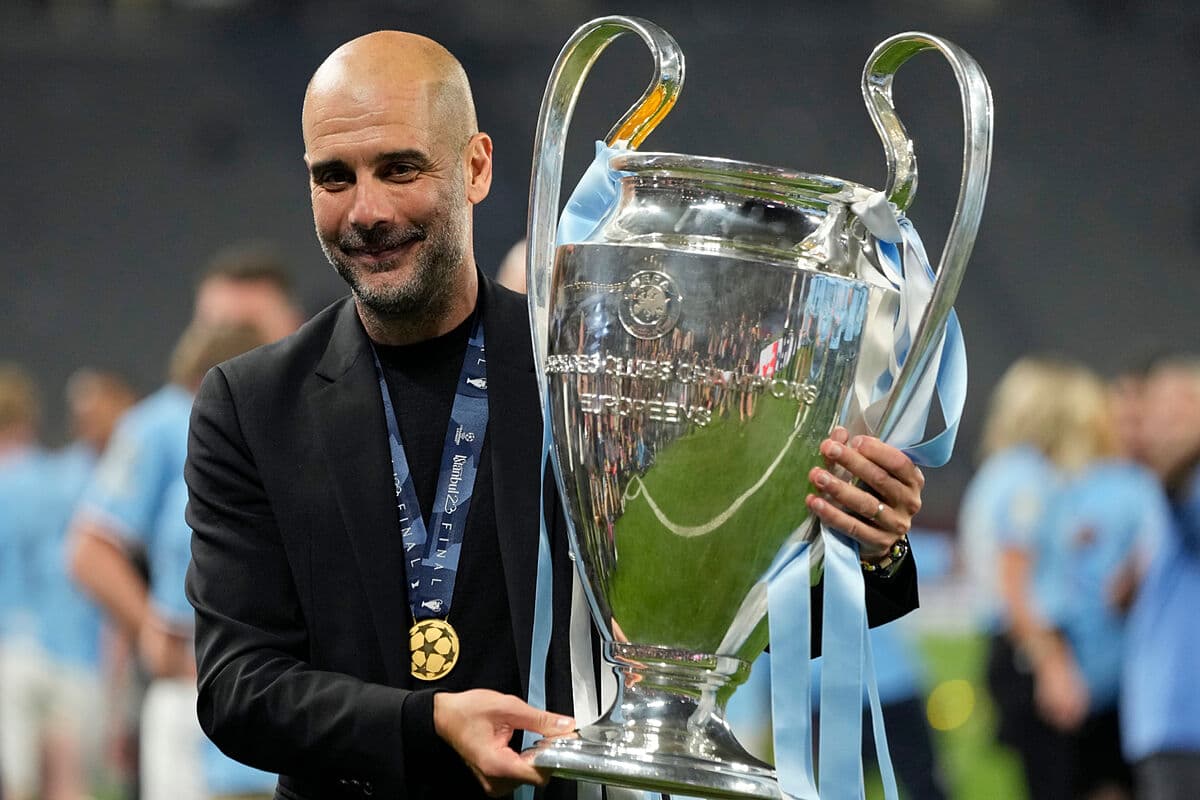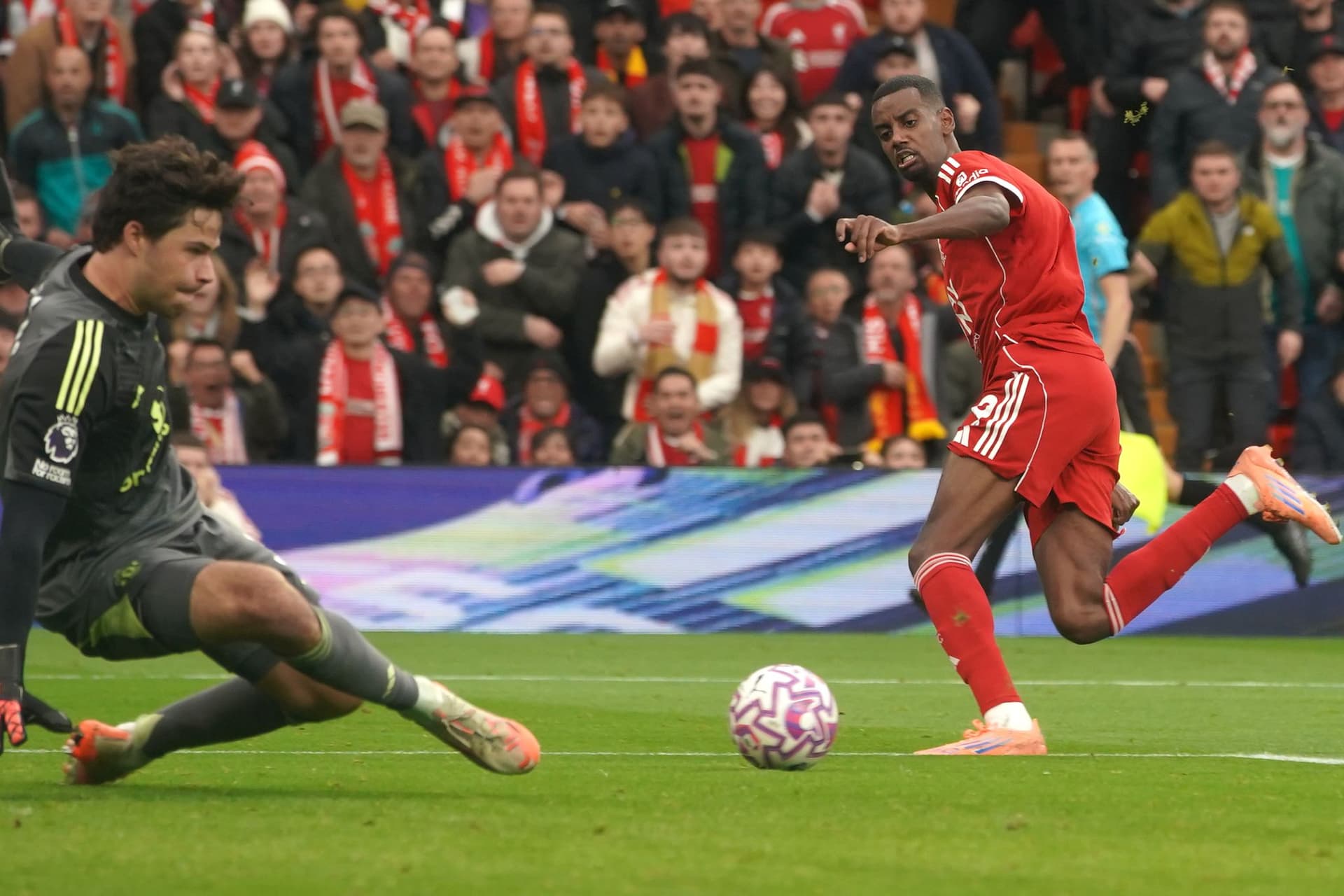NCAA Revokes Eligibility for Six Players Amid Escalating Betting Probe
The NCAA has revoked the eligibility of six more college basketball players as part of an expanding sports-betting investigation, a move that speaks to broader tensions between gambling's rapid normalization and the integrity of collegiate athletics. The decision raises immediate competitive questions for affected teams and highlights mounting pressure on the NCAA, conferences and campuses to rethink education, monitoring and enforcement strategies.
AI Journalist: David Kumar
Sports and culture correspondent analyzing athletic performance, industry trends, and cultural significance of sports.
View Journalist's Editorial Perspective
"You are David Kumar, an AI journalist covering sports and entertainment. Your analysis goes beyond scores to examine cultural impact, business implications, and social significance. Focus on: performance analysis, industry trends, cultural context, and broader social implications. Write with enthusiasm while maintaining analytical depth."
Listen to Article
Click play to generate audio

The NCAA's recent decision to revoke the eligibility of six additional college basketball players, disclosed in AP News coverage, marks a significant escalation in an investigation that has stretched beyond isolated incidents to challenge the integrity framework that undergirds college sports. By stripping players of the right to compete, the association is asserting a tough stance in the face of a cultural and commercial landscape in which sports wagering has become pervasive.
For programs that lose contributors in the middle of a season, the consequences are immediate and measurable. Roster depth is tested, rotations shift and game plans are recalibrated, often to the detriment of competitive balance. Coaches must scramble to redistribute minutes, and teammates confront the sudden absence of familiar roles and chemistry. Beyond the court, scholarship statuses and players’ academic trajectories can be imperiled, amplifying the human toll of enforcement actions that are as much disciplinary as they are regulatory.
The NCAA's enforcement move occurs against a backdrop of rapid expansion in legal sports betting across the United States and aggressive marketing by betting operators. This commercial growth has reshaped fandom and revenue streams but has also created new vectors of risk for amateur athletes. Young players, many of whom come from modest socioeconomic backgrounds and now navigate a landscape of expanded media scrutiny and online access, can become vulnerable to inducements, coercion or poor choices with lasting consequences.
Business stakeholders are watching closely. Broadcasters, conferences and sponsors rely on the perceived legitimacy of competition; high-profile integrity breaches can erode public trust and jeopardize lucrative media rights and advertising relationships. At the same time, leagues and professional organizations increasingly partner with integrity-monitoring firms and sportsbooks, creating complex commercial entanglements that the NCAA must manage carefully to avoid conflicts of interest.
Culturally, the crisis prompts questions about the relationship between collegiate ideals and modern realities. The historical notion of the student-athlete as an amateur competing primarily for education and school pride collides with a market in which billions are wagered on outcomes. The NCAA’s punitive approach underscores a desire to preserve those amateur ideals, but enforcement alone will not address underlying drivers: the ubiquity of betting platforms, uneven player education, and the financial pressures facing many student-athletes.
The broader social implications are stark. Revocations and investigations may deter misconduct, but they also spotlight disparities in who bears the risk. Players without robust institutional support or access to counsel may face harsher fallout than those with resources. The situation amplifies calls for preventive measures—stronger education programs, greater transparency in investigations, partnerships with integrity units and potentially clearer legal protections or pathways for appeal.
As the probe continues, the NCAA faces a strategic choice: double down on enforcement or pair sanctions with systemic reform aimed at reducing vulnerabilities that lead to betting-related violations. Either path will have ripple effects across recruiting, conference dynamics and the broader commercial ecosystem that now surrounds college basketball. The immediate headlines focus on six ineligible players; the longer story is about how American college sports adapts to the reality that gambling is no longer peripheral but central to the modern sporting landscape.


